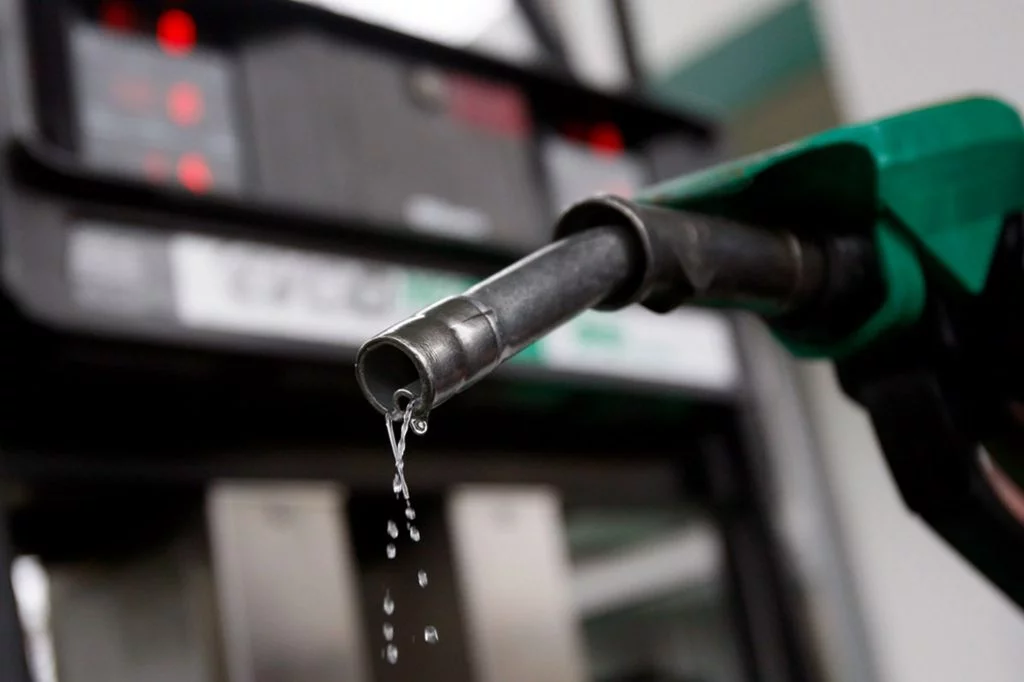Nigeria may face another rise in fuel prices after President Bola Tinubu approved a 15% import duty on petrol and diesel. The new duty will be applied to imported fuel costs, covering cost, insurance, and freight (CIF). The approval was communicated in a letter dated October 21, 2025, sent to the Federal Inland Revenue Service (FIRS) and the Nigerian Midstream and Downstream Petroleum Regulatory Authority (NMDPRA). This move follows a request by FIRS to align imported fuel costs with current economic realities.
With the new duty, the price of petrol and diesel is expected to rise significantly across the country. Current estimates show that petrol could climb above ₦1,000 per litre in most filling stations that rely on imports. Diesel prices are also expected to rise to between ₦1,120 and ₦1,140 per litre in Abuja, adding about ₦99.72 to the current cost. Nigerians are already struggling with high fuel costs, and this development may worsen transportation and living expenses.
Latest supply data reveals that Nigeria still depends heavily on imported petrol, despite the presence of the Dangote Refinery. Out of 21.68 billion litres supplied between August 2024 and October 2025, only 31% came from local refining, while 69% was imported. This means the new duty will affect most of the country’s fuel supply and potentially push prices higher in the coming weeks.
Interestingly, imported petrol currently lands at a cheaper rate (₦839.97 per litre) compared to Dangote Refinery’s ex-depot price of ₦877 per litre. The import duty may give local production—especially Dangote Refinery—an advantage in the market. However, fuel prices had already surged nationwide recently after depots and Dangote Refinery adjusted ex-depot rates upward, putting more pressure on consumers.
This new fuel tax comes shortly after the FIRS directed banks and financial institutions to deduct a 10% withholding tax on interest earned from short-term securities. With both policies rolling out around the same time, many Nigerians fear a fresh wave of inflation and increased hardship as government revenue reforms take effect.







